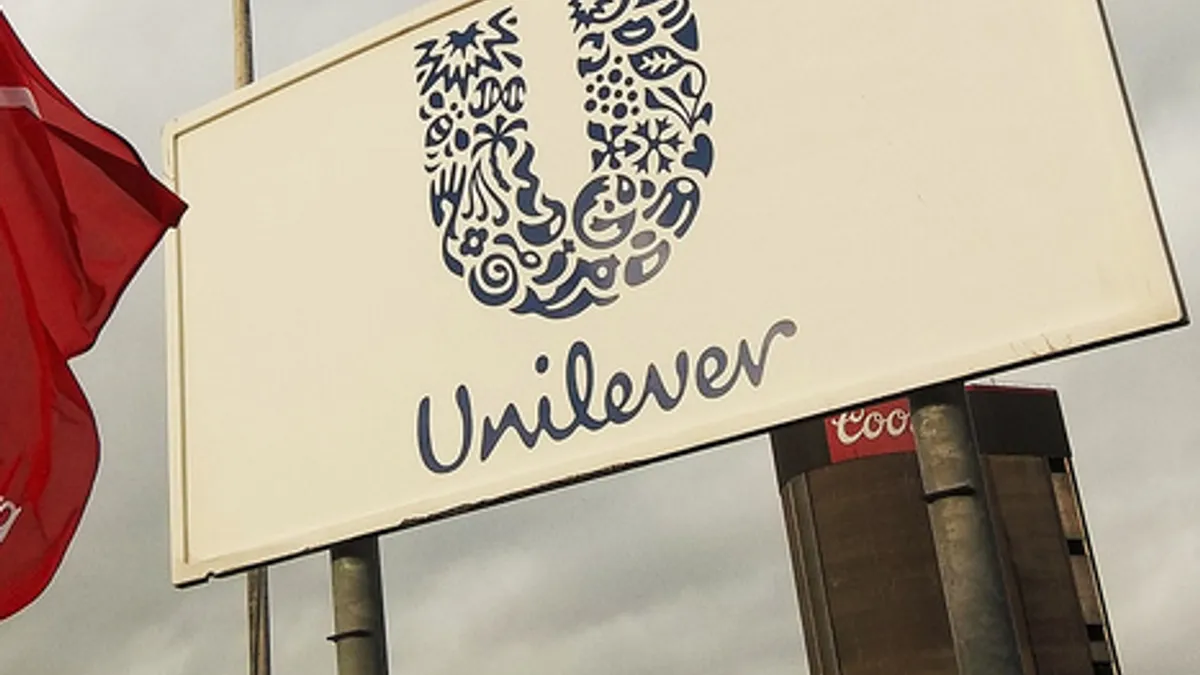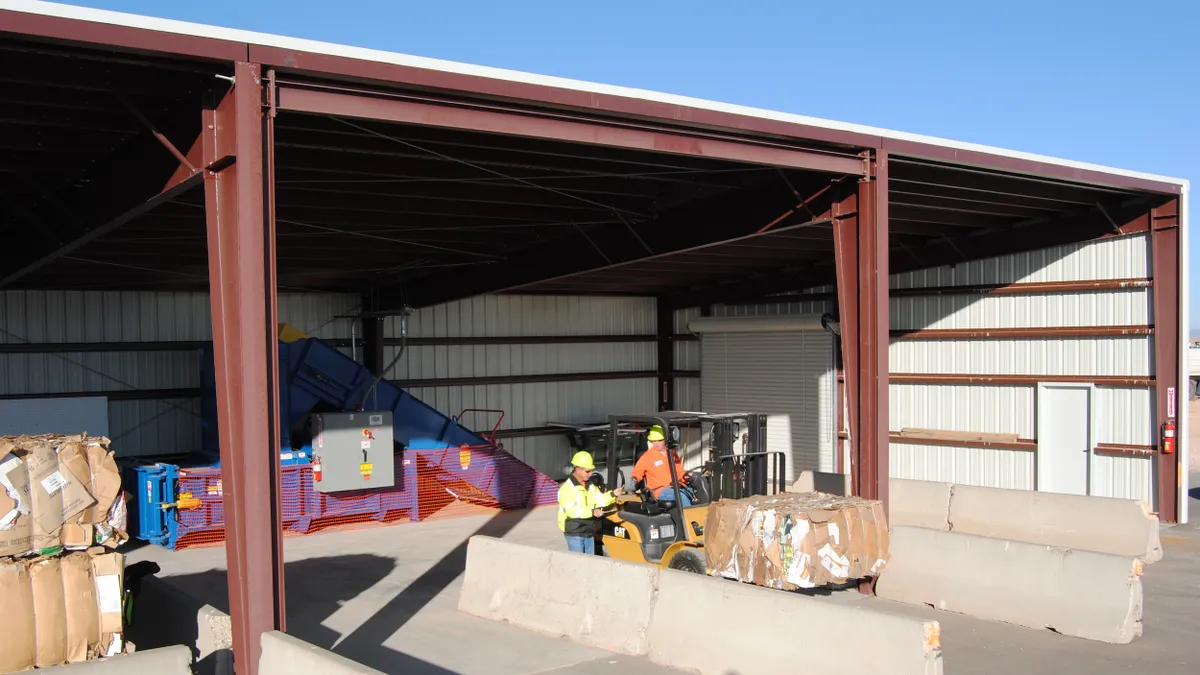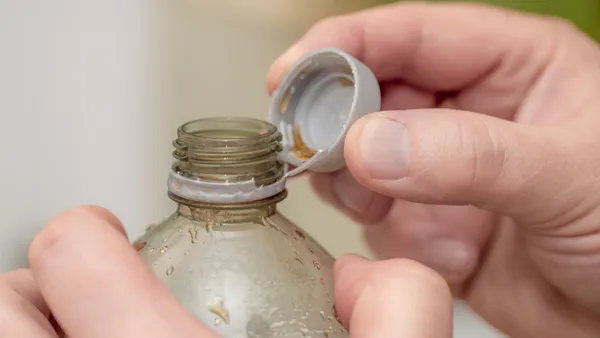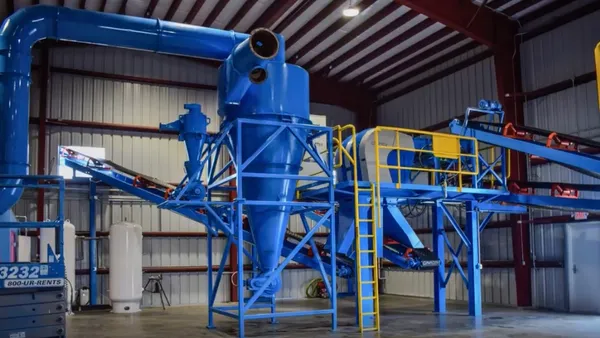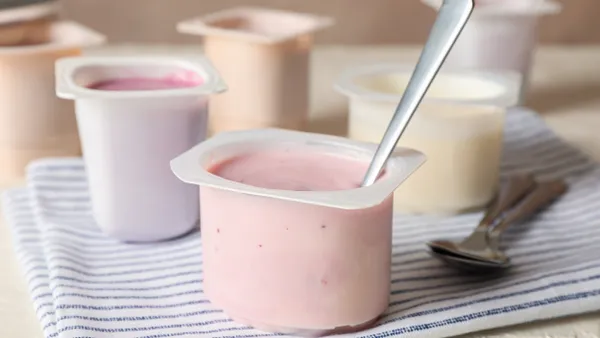Dive Brief:
- Unilever recently announced the development of a new technology that can recycle material from plastic sachets, or pouches, for use in the creation of new pouches, as reported by Packaging News.
- This system, known as the "CreaSolv Process," was designed by researchers at Germany's Fraunhofer Institute for Process Engineering and Packaging IVV. Inspired by a process used to separate brominated flame retardants from electronic waste such as televisions, the CreaSolv Process can reportedly yield six kilograms of pure polymer using the same energy as it would take produce one kilogram of virgin polymer.
- The company will open a pilot facility in Indonesia later this year and plans to experiment with different material collection systems. This will involve working with local governments, retailers, waste banks and waste pickers to capture as much material as possible.
Dive Insight:
Earlier this year, Unilever stepped up its sustainability goals by announcing plans to make all plastic packaging fully reusable, recyclable or compostable by 2025. This was in addition to existing goals about reducing packaging weight and increasing the use of recycled content. The company is one of many that has joined the Ellen MacArthur Foundation in its goal of raising the current estimated global plastic package recycling rate from 14% by implementing new circular economy systems.
Indonesia was chosen in part because of its recognized waste management issues that result in large amounts of plastic entering the ocean. The country is often cited as one of the top sources of marine debris and a tax on plastic containers was considered last year as a way to curb this. The growth of Indonesian waste banks, which allow waste pickers to establish bank accounts based on the value of material they collect, also creates an interesting opportunity. As seen in Brazil and elsewhere, waste pickers are often some of the most efficient recyclers when organized and mobilized.
Separating as much material as possible will help provide feedstock for the pilot, though the real test will be scalability. As multi-layer, flexible plastic packaging becomes more common on the marketplace companies and researchers have been assessing a wide range of solutions for recycling it. Potential solutions so far have included using it as fuel for cement kilns, modifying polymers to enable layer separation, and adding new polymers to enhance recycling opportunities, among others.



